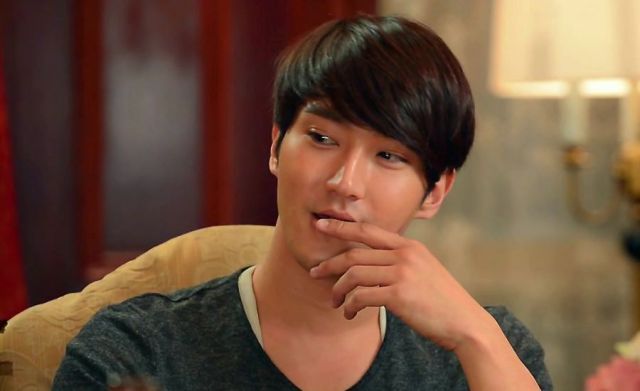[HanCinema's Idol Actors] An Introduction to Idol Actors
 By Vasia Orion | Published on
By Vasia Orion | Published on
For most involved fans of Korean pop music (K-Pop) and Korean dramas (K-Drama), it is common knowledge that these two were and still are the biggest forces behind the 'Korean Wave' or 'Hallyu'. With K-Pop making the start in the 1990s and dramas taking off around the early 2000s, they soon became a two-member powerhouse of cultural exports for South Korea.
Advertisement
Due to that power, and in a an effort to enhance their marketability, these two industries often collaborate. Kpop artists and other musical artists being featured in the soundtracks for dramas is common practice, but another form of that collaboration is the casting of idols in series. In a business sense, this is good for both parties. Musical artists get to promote their image and music to drama audiences and dramas get a boost in popularity and can sell better abroad, where these artists and K-Pop in general have a big fanbase.
This mixing of the two industries gives us a few different types of idols/actors. While agencies and production companies love the benefits of these arrangements, idols themselves are not usually the ones with the power of choice. This means that not all idols who act have the talent, skills or perhaps even wish to do so. This is a big topic with drama fans especially, who tend to shun the idea of casting idols, based on the (not always correct) notion that idols cannot act and that they are only placed in dramas for popularity. Now, for the type mentioned above, which would best be described as 'acting idols', this is a legitimate complaint.
However, it has often led to generalization and pigeonholing, where being an idol is automatically seen as being unskilled in acting and uninterested in it. And this is an unfair generalization to make. Yes, the reasons why idols are cast in series are often more business-based than art-based. That said, it does not mean that no idol is cast based on skills or that the fact popularity plays a part means the actor is not fully prepared and willing to do hard work and develop their skills in both fields.
Many idols work hard and juggle a career in both music and dramas, or even cinema. When their skills and consistency have reached that point and their double career is a clear certainty, we get 'idol actors'. And an idol actor should not be considered lesser due to the 'idol' word alone, although that is often sadly the case. If we were to be more fair, 'idol' would not be an indicator of skills, just of the fact that these people are sometimes musicians, sometimes actors. So when acting, it would make sense at this point to refer to them as 'actors', just like everyone else.
Those two big categories aside, we also have many actors who have either made their start as idols or have left that career behind in favor of acting. They might be former idols, but their current approach is one solely directed at cinema and dramas. As K-Pop agencies have great power in South Korea, it is often easier to go into acting through being an idol than being a regular newcomer actor. Some have taken that jump and stayed.
The fact that casting for dramas does not mainly happen based on skill and that idols specifically are mostly cast with popularity in mind is the harsh truth of industries which are above all businesses. But it is unfair to let the way these businesses are run taint one's perception of the artists themselves. Bad idol actors exist and the concern when it comes to casting idols is an understandable worry, but when that worry acts as a blindfold of actual skill and right to be called an actor, it is letting a stereotype govern perception. [HanCinema's Idol Actors] pieces are about artists in the above categories.
Written by: Orion from 'Orion's Ramblings'
 Vasia Orion
Vasia Orion
Vasia, also known as Orion or Ori online, is currently doing opinion pieces and database upkeep. She has a love for good TV and a penchant for rambling in written form. Vasia can be contacted via vasia@hancinema.net.




